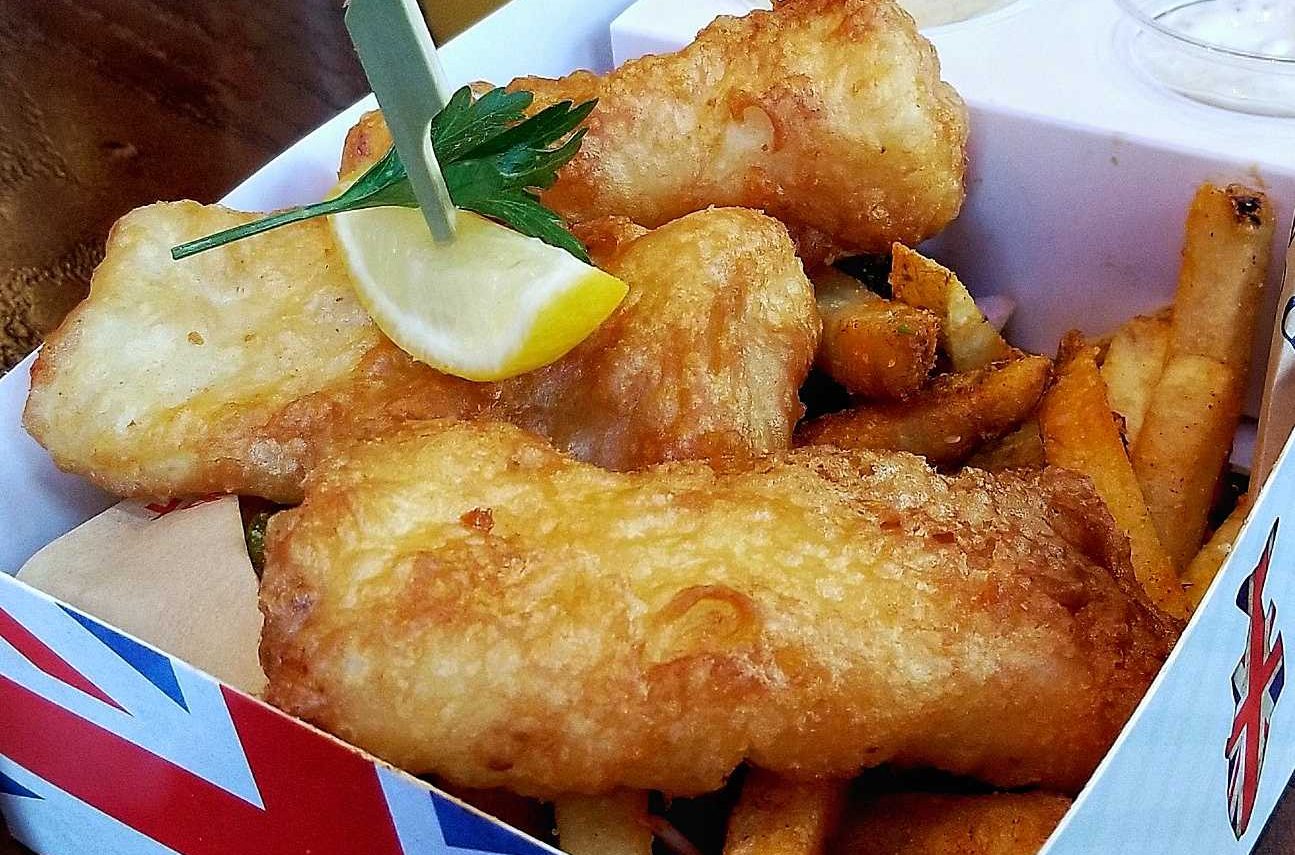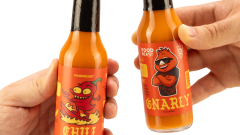How Endangered Shark Species Were Snuck Into British Fish & Chips Shops

We don’t normally think of consuming shark outside of the infamous and deplorable shark fin soup, but a recent viral study shows that it’s a lot more prominent than thought in UK fish and chip shops.
 Photo: Isai Rocha//Foodbeast
Photo: Isai Rocha//Foodbeast
The paper, published in scientific journal Nature, found that 78 different samples of shark meat products found at fish and chip shops in the UK were marked with potentially deceptive names. Shark species identified included the endangered Spiny Dogfish shark, along with the Pacific Dogfish, Nursehound, and Starry Smoothound.
Ten different labelings were used to identify the various shark samples, but only one (“Shark Steak”) explicitly included the term “shark” in its name, and that was from a few samples obtained from a fishmonger. At the fish and chip shops, names like Rock, Huss, Rock Salmon, and Rock Eel were instead used.
European Union (EU) legislation in the UK allows these names to be used for the various shark species described, which means the restaurants were legally within limits to sell their shark as such. However, customers looking to eat fish instead of shark unaware of these regulations could easily be deceived into consuming the shark.
Why these restaurants are mislabelling spiny dogfish as such is up for speculation. It once was abundant and sustainable, but has since been overfished to the point of endangerment, especially near the UK. This led to the EU’s ban, but the spiny dogfish, or “rock salmon,” has still been in high demand at fish and chip shops, which drives up price and potential motivation to commit fraud.
How are the fish and chip shops able to get away with this? The authors of the study offered some insight, saying that a lot of the shark meat found from the restaurants was frozen and imported. The EU itself prohibits the Spiny Dogfish and other sharks from being caught, meaning that imports from the US, Argentina, and other parts of the world are crucial to sustaining that market.
The labels themselves may also play a factor. While virtually no mislabeling was detected by the research team, they did find that almost none of the packaging contained any identification of the actual species being sold. This is actually required by EU regulation to prevent “umbrella terms” like Rock and Huss from being used to sell critically endangered species like the Spiny Dogfish shark.
It would seem that an ideal solution to this shark fraud study would be to get rid of such “umbrella terms,” though it remains unclear how the EU will react to the research and change their legislation as a result.






















